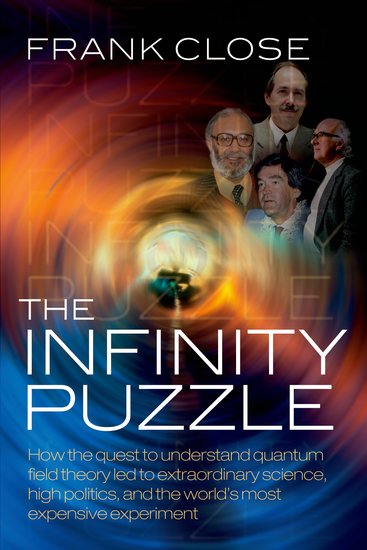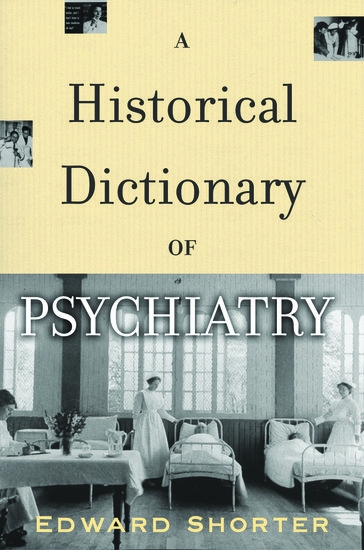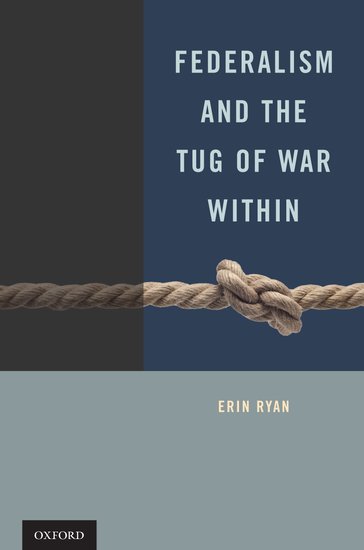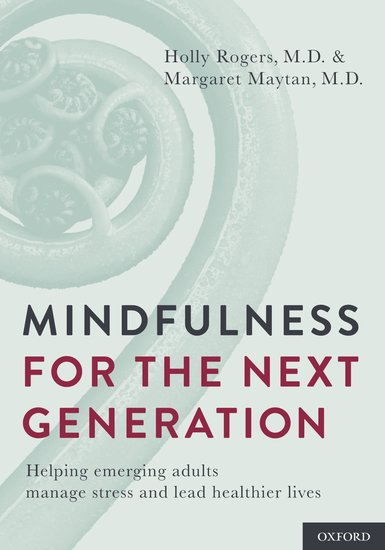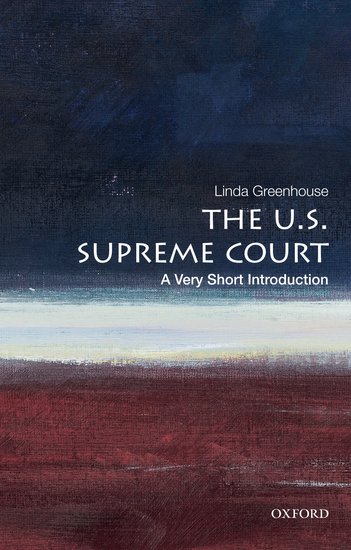By Mark Clague
The Fourth of July, aka “Independence Day” (the annual federal holiday in the United States marking the 1776 signing of the Declaration of Independence from Britain), is cause for national celebration and certainly the celebration of nationalism. Fireworks, orchestral concerts, parades, 5-K runs, carnivals, family picnics, and political speeches are common holiday happenings. Many are accompanied by music, especially by a haphazard class of folk tunes known as patriotic song that often defy historical logic, but nevertheless have become potent cultural symbols.









